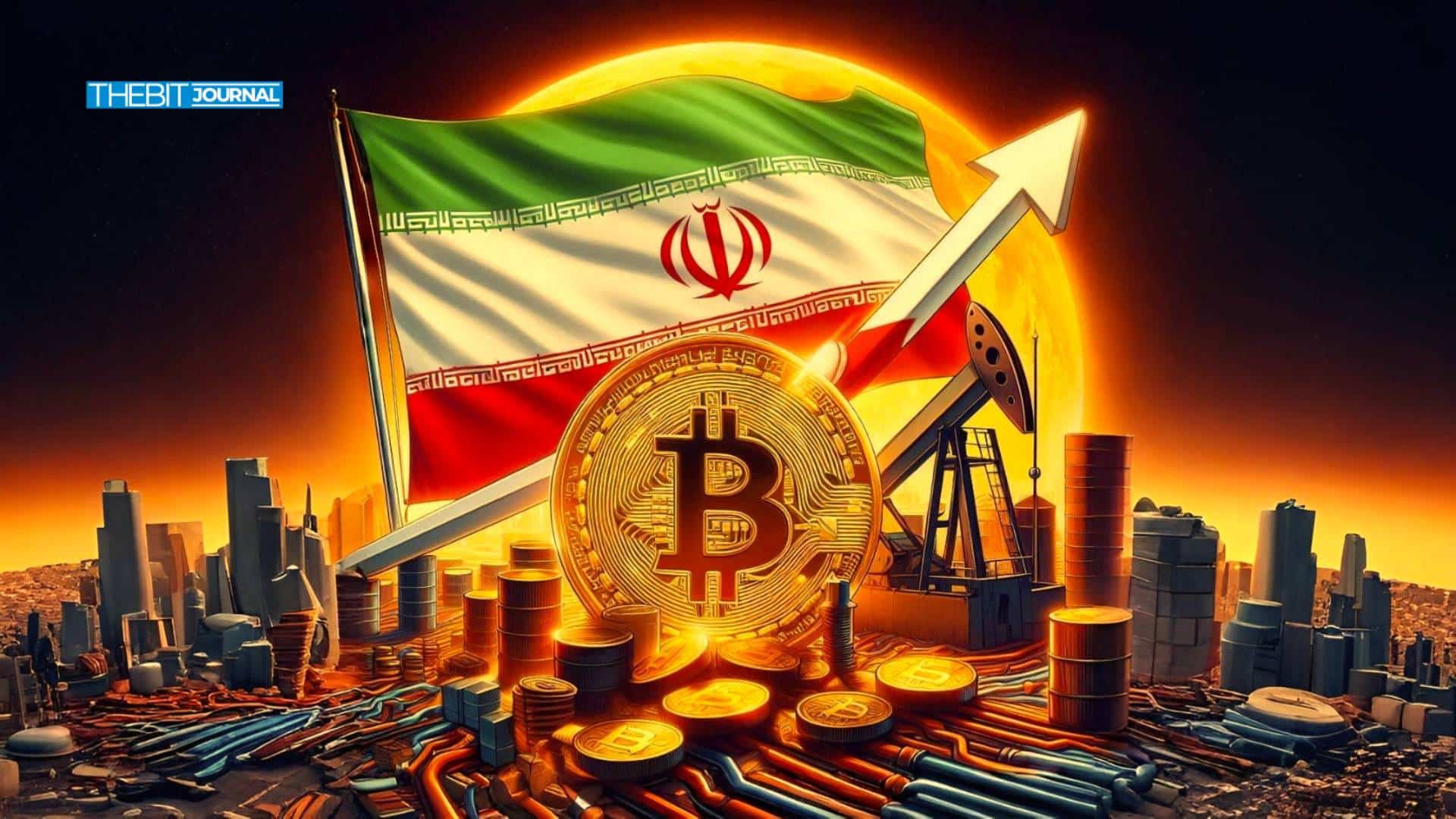The Theater of Threats: How Bitcoin Brushes Off Iran Drama But Oil Prices Soar
0
0

Global markets reacted with surprising calm to mounting geopolitical tensions after Iran threatened to close the Strait of Hormuz, a key shipping channel for global oil supplies, following reported U.S. airstrikes on its nuclear sites.
Oil prices recorded some slight gains, but significant risk assets, such as cryptocurrencies and equities, stabilized on social media following a chatter of speculation and fear.
🚨 BREAKING: Iran’s parliament votes to close the Strait of Hormuz
– Oil prices could spike 30–50%+ almost immediately
– Global inflation likely to accelerate
– U.S. gas prices could soar, hitting consumers directly pic.twitter.com/QuhhdJiLMs— Derek Spacey (@draxtech) June 23, 2025
Oil Markets Show Limited Geopolitical Reaction

Brent crude traded briefly on Monday to hit a five-month high of $77.79 per barrel and then dropped to the previous day level of 77, which was only a one-day increment of 1.4%.
The same was true of West Texas Intermediate (WTI), which reached as high as $78.58 only to surpass its heady point to end up at around $76.75, based on the TradingView data. The subdued price behaviour is an indication that markets could be discounting the threat posed by Iran as a largely ceremonial distraction instead of the real threat in the market.
Analysts at ING echoed that sentiment, saying in a client note, price action this morning indicates that the market does not think (at least, to this point) that flows through Hormuz will be obstructed.
Iran Risks Alliances by Closing Hormuz
Strait of Hormuz which is a strategic energy choke-point of the world oil has more than 80 percent of oil flows pointed at the economies of the far East especially China. Analysts claim that Iran would jeopardize the relationship that it currently has with key allies and spark further conflict by shutting the waterway.
Hormuz Blocking would do more harm to Iran allies than enemies Anas Alhajji, a veteran of the energy market, wrote on X, which is now Twitter, telling the world that Iran has uttered similar threats at least 15 times since the 1980s and did nothing.
Whatever you read about the closure of Hormuz Strait is written years ago! There is nothing new. The Iranian regime threatened to close it about 15 times since 1980! https://t.co/TCarfCUaD3
— Anas Alhajji (@anasalhajji) June 22, 2025
In order to seal the Strait of Hormuz, Iran would be forced to invade the territorial waters of Oman which would result in the GCC exercising its mutual defense agreement, it would be war.
Bitcoin Rebounds After Geopolitical Panic Subsides

The compliant oil response gave the crypto market respite. Bitcoin, which briefly plunged to under $98,000 on Sunday due to fears of a war, rallied back to over $101,000.
Supplementing that with Derivatives data for Deribit indicates during the panic further puts were transacted at a 8-10% volatility premium to calls, further bidding up downside protection. However, such concerns have since chilled out.
The top cryptocurrency received technical support at $100,430 and currently, it is not experiencing weakness. The inability to maintain that level previously would have become a target of the 100- and 200-day simple moving averages around the price of $95,900 a development that would have reinforced bearish output.
Iran Threats Seen as Political Messaging
Futures in S&P 500 stocks lost only 0.3%, another positive indicator that traders do not expect a long-term effect of an energy attack and an expansion of a geopolitical conflict.
Energy and crypto markets seem to be based on fundamentals, despite the dramatic headlines. These warnings by Iran though notable to make news headlines are considered as means of both domestic messaging and international positioning but not necessarily as an action plan.
As poet Charles Bukowski once wrote, The crowd is always wrong, an aphorism that again appears to be true in the wake of overreaction in the markets. In the meantime, traders are speculating that the past will not repeat in the guise of closing down Hormuz.
Conclusion
International markets seem to ignore the recent megathreats of Iran by seeing it as political theater as opposed to possible immediate action. Stable oil prices, resurgent Bitcoin, and a largely unchanged outlook on equities have investors keeping their feet firmly on the ground after having to choose caution over fear with the brewing geopolitical tensions not poised to disrupt primary flows.
Follow us on Twitter and LinkedIn, and join our Telegram channel to be instantly informed about breaking news!
FAQs
1: Why didn’t oil prices surge?
Markets see Iran’s Hormuz threat as unlikely, so oil gains were brief.
2: How did Bitcoin react?
Bitcoin dipped below $98K but quickly rebounded above $101K as panic eased.
3: Is Iran serious about closing Hormuz?
Experts say it’s mostly rhetoric; actual closure would risk regional war.
4: What does this mean for markets?
Stable oil prices help prevent stagflation fears and support crypto, stocks.
Glossary Of Key Terms
Brent Crude
Global benchmark for oil, priced from the North Sea.
WTI (West Texas Intermediate)
U.S. benchmark for crude oil prices.
Strait of Hormuz
Key oil shipping route; over 20% of global oil passes through.
Bitcoin (BTC)
Top cryptocurrency by market value.
Deribit
Crypto exchange for Bitcoin options and futures.
Volatility Premium
Extra cost in options due to expected market swings.
S&P 500 Futures
Contracts predicting future moves in U.S. stock index.
References
Read More: The Theater of Threats: How Bitcoin Brushes Off Iran Drama But Oil Prices Soar">The Theater of Threats: How Bitcoin Brushes Off Iran Drama But Oil Prices Soar
0
0
 Manage all your crypto, NFT and DeFi from one place
Manage all your crypto, NFT and DeFi from one placeSecurely connect the portfolio you’re using to start.





